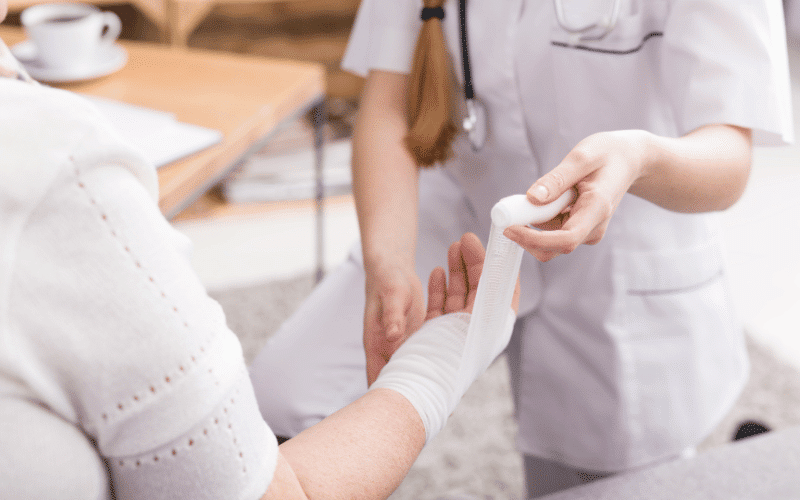5. Slow Wound Healing: High Blood Glucose’s Effect on Recovery

People with high blood glucose levels often experience slow wound healing. High blood sugar can impair the body’s ability to repair damaged tissue, making it more difficult for wounds to heal properly. This is particularly concerning for individuals with diabetes, who are at a higher risk for developing infections and other complications related to slow healing.
If you have a wound that seems to be taking longer than usual to heal or notice signs of infection, such as redness, swelling, or discharge, it’s crucial to seek medical attention. Your healthcare provider can assess the wound, recommend appropriate treatment, and help you manage your blood sugar levels more effectively to promote healing.
Managing your blood sugar levels is essential for preventing slow wound healing and related complications. Following a healthy diet, exercising regularly, and adhering to any prescribed medications can all contribute to maintaining healthy blood sugar levels and supporting your body’s natural healing process. (5)